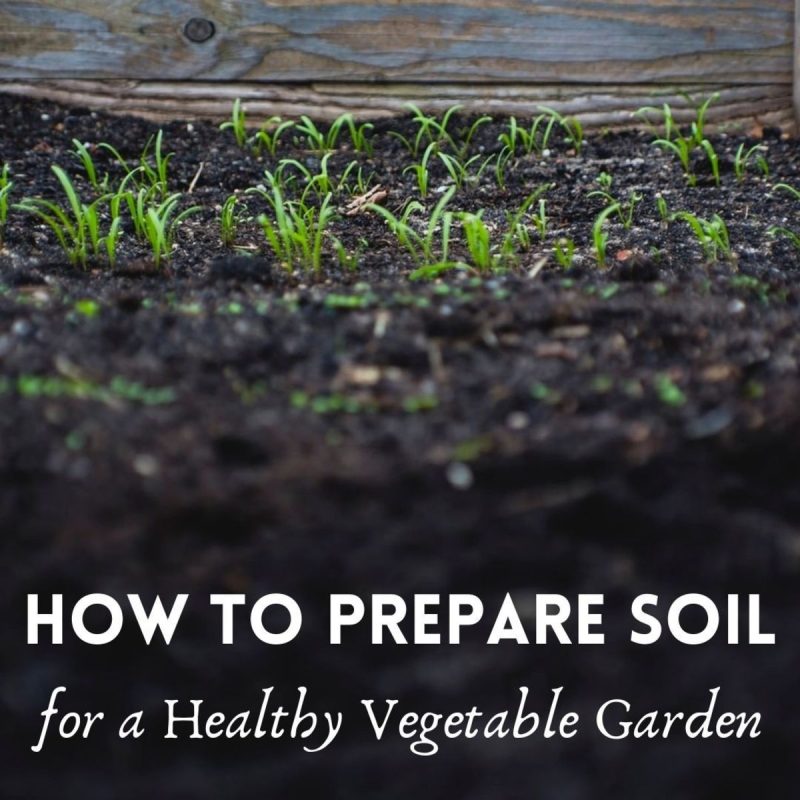Plants
How to Prepare Excellent Soil for the Garden With Compost
How to Prepare Excellent Soil for the Garden With Compost
Soil has many different characteristics. Clay soils are known to hold moisture well, and Silt soils drain quickly. Loamy soils are known to be rich in organic matter. Both clay and sand have good properties for growing plants. Compost is an excellent soil amendment for either type of soil, as it improves texture and nutrient content. Loamy soils are also ideal for growing vegetables, fruits, and herbs.
Clay soils hold moisture well
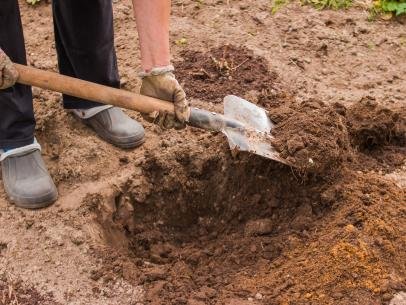
Soils made of clay can be challenging to work with, but there are ways to improve them. One way is to incorporate organic matter, like compost, into the soil. Organic matter will help the soil clump and flow better. Additionally, it will act as a slow-release fertilizer. If you have clay soil, there are many plants that grow well in the soil. Here are a few ideas to improve your clay soil.
Silt soil drains well
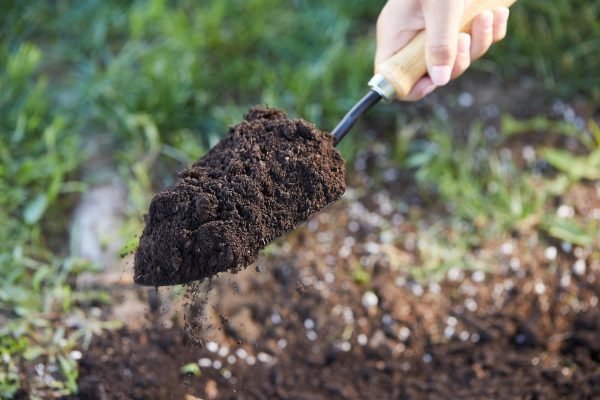
Unlike sandy soil, silt soil is rich in nutrients and water-holding capacity. Although silt soil can become waterlogged and compacted easily, the soil retains water and allows plants to use it. It also feels smooth when rubbed between fingers. Plants that do well in silt soil include irises, bald cypress, and new Zealand flax.
Loamy soil contains plenty of organic matter
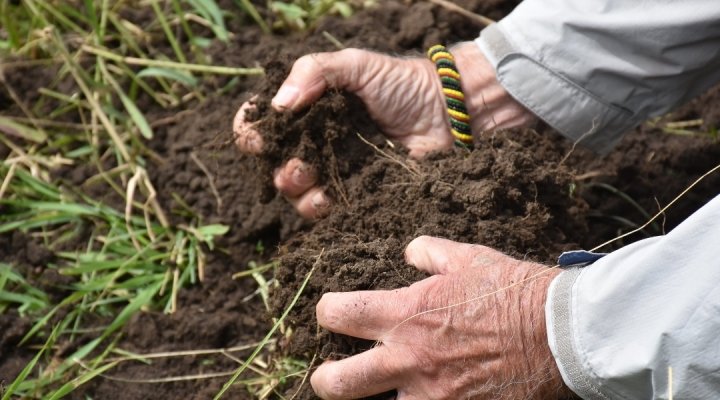
Loamy soil is composed of a blend of sand, silt, and clay. The organic matter decomposes to form humus, a glue-like substance that provides nutrients to plants and attracts beneficial organisms to the soil. It is an ideal soil for growing plants because it retains water and drains easily. However, the problem with loamy soil is that it depletes quickly, so it’s important to make amends in the fall.
Compost improves soil texture
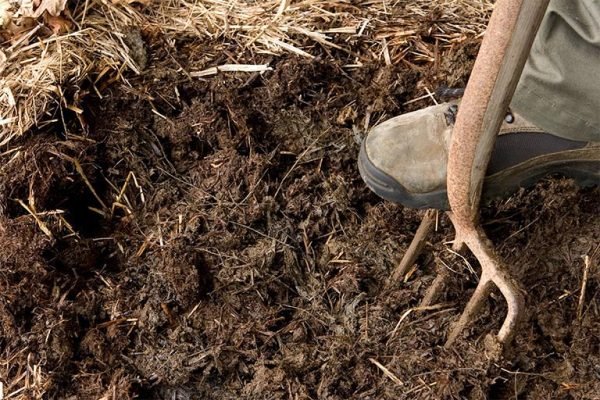
Organic material in the form of compost has many benefits, and it is a great way to add more life to your soil. Organic material like compost improves the texture of your soil and attracts more beneficial soil animals. Organic matter is key to a healthy garden, and compost is a great way to add more life to your soil. This organic material also contains some nutrients and some beneficial bacteria. Compost can be mixed with existing soil before planting, or it can be spread over the garden soil in fall or early spring.
Adding organic matter improves soil’s ability to absorb moisture
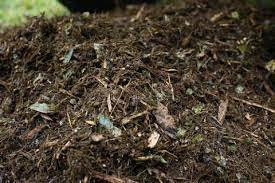
Organic soil has a unique composition and structure that allows it to absorb more water. It is also rich in beneficial microorganisms and soil microbes, which provide a number of benefits for your plants. As these organisms feed on harmful microbes and release nutrients into the soil, adding organic matter improves your soil’s moisture absorption and retention capabilities. Organic matter also provides the right balance of nutrients, as it is essential to the growth and health of plants and vegetables.

